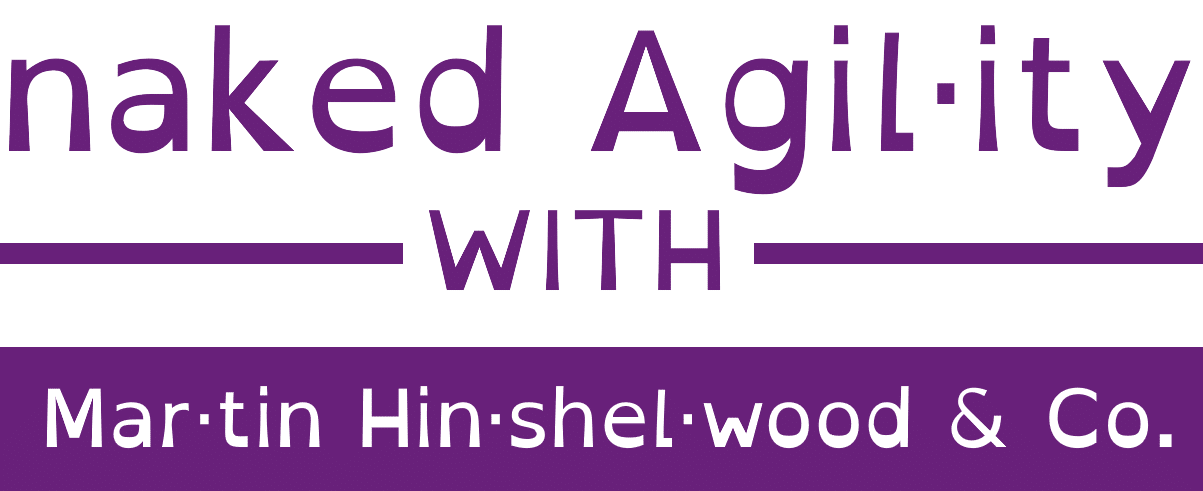Dyslexia is many thing to many people, but it always involves reading. Some people are heavily dyslexic to the point where the are unable to function at all in normal schooling. Many people think of Dyslexia as a disability, but the only time I think of it that way is if I can get something:
- Free laptop, Dictaphone and other things at university.
- Extra time in exams (in the UK it is 15 minutes for every hour)
The rest of the time I use my Dyslexia as a gift!
It would be different if I did not work with computers. With spell check at least all of the words are spelled correctly (if not always the correct word), but in the real world, it is the ability to get your point across that is the big advantage to Dyslexia. Dyslexic people have a very high level of Oral skills and coupled with the ability to visualize things in three dimensions it is a boon to anyone.
The three dimensional visualization is one of the reasons that spelling and working with words is a problem. Take the letters “b”, “d”, “p” and “q”: A non-dyslexic will see four different letters, but I see a single letter that is at four different orientations. Mirror a “b” and it becomes a “d”, and many time I can’t see the different between these letters.
Despite this I can actually read very fast, around a hundred pages in an hour of a novel. This is because I have developed the visual compensation of reading the shape of the words and not the word itself.
You wlil fnid taht you are sltil albe to raed tihs txet qiute elsiay eevn tuhgoh I hvae jbuelmd the ltetres auonrd, as lnog as I keep the fsirt lteetr and the lsat leettr in the smae plcae. You can do tihs bacusee yuor biarn srtos out the wdors beasd on ptiuercs of the wrod you are ecxpineg in your haed.
This is how dyslexic people see the words that are written on the page, and why they are so poor at spelling.

